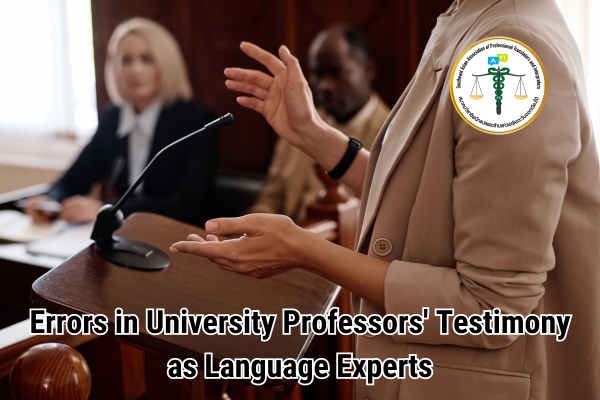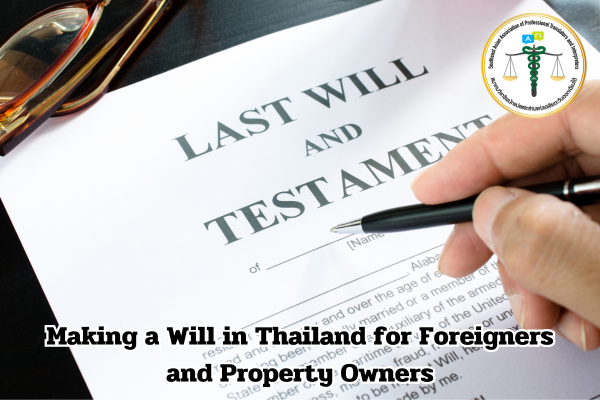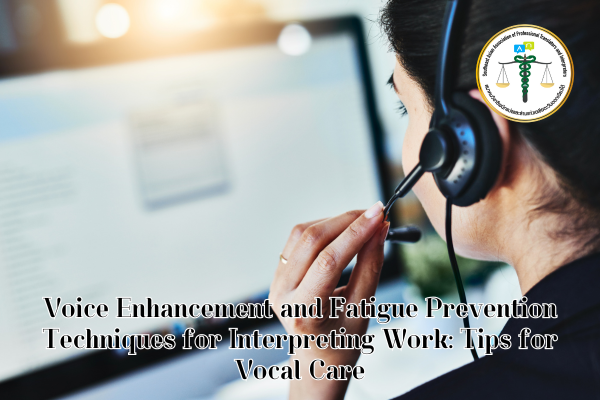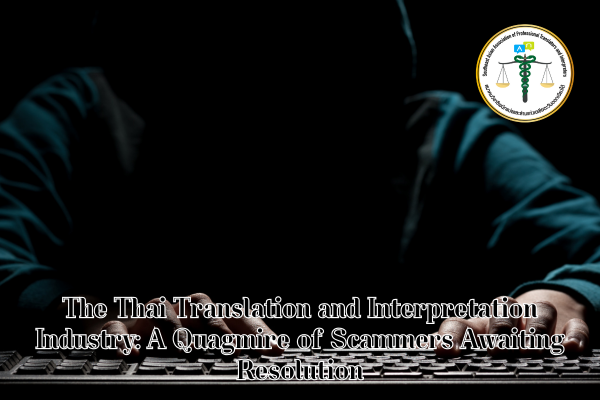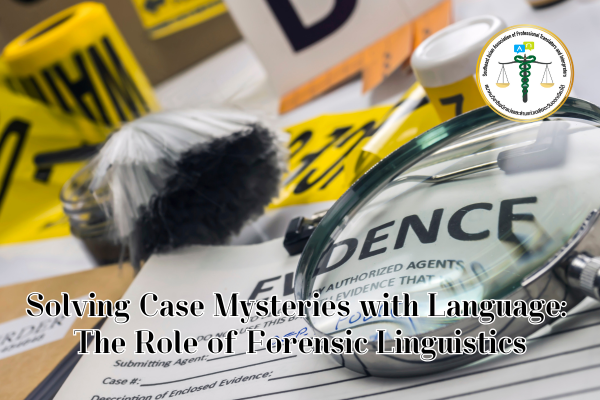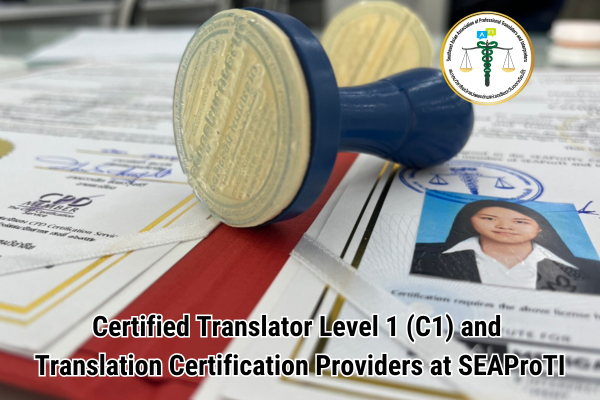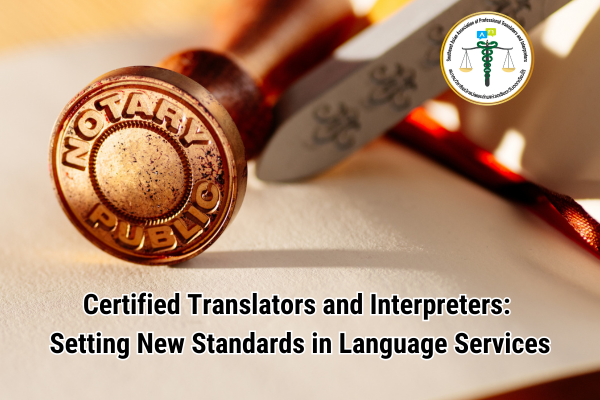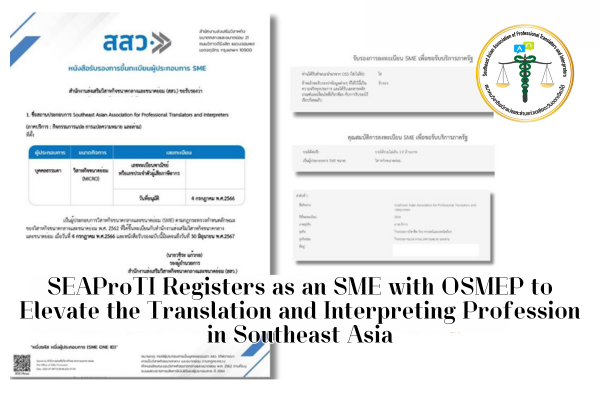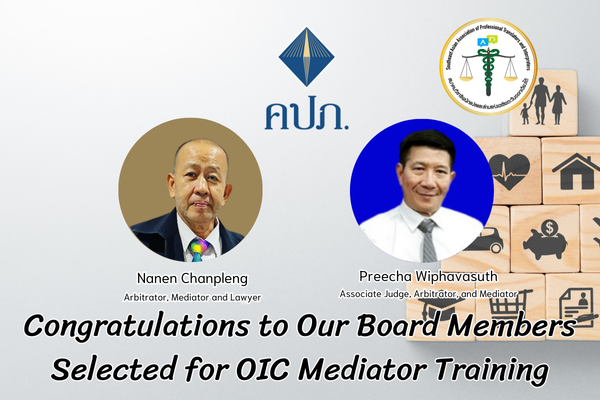Errors in University Professors’ Testimony as Language Experts
14 February 2025, Bangkok – Testifying in court is a critical responsibility for language experts, particularly when linguistic evidence must be analyzed accurately. However, appointing foreign language professors as expert witnesses in language-related cases may not align with academic and professional principles. These individuals often lack knowledge and experience in courtroom testimony, legal procedures, and forensic linguistics.
Despite their advanced academic qualifications, many university professors in Thailand do not possess language proficiency test results to verify their linguistic competence. Some may have taken language exams, but their proficiency levels are too low to provide credible academic and legal opinions. The absence of specialized knowledge and academic standards can result in testimony that lacks weight in court and leads to errors that may affect judicial proceedings.
Common Errors in Language Expert Testimonies
1. Providing a Biased Opinion
Expert witnesses should testify without bias. However, some professors assigned as expert witnesses may offer personal opinions rather than relying on linguistic evidence, leading to their testimony being excluded from court consideration.
2. Testifying Without Supporting Evidence
Language experts must provide reference documents, research studies, or grammatical principles to substantiate their testimony. If testimony lacks credible academic evidence, it may be deemed unsubstantiated.
3. Misinterpretation of Language Data
Errors in translation, misinterpretation of context, or improper application of linguistic principles can lead to inaccurate analysis, affecting court rulings.
4. Relying on Hearsay Evidence
Language experts should base their testimony on verified information. If they provide testimony based on second-hand accounts without supporting evidence, their credibility may be questioned.
5. Exceeding Their Area of Expertise
Language experts should only testify within their area of expertise. Providing opinions beyond their academic knowledge may diminish the credibility of their testimony.
6. Lack of Clarity in Testimony
If an expert uses overly technical academic jargon without explanation, the court may struggle to understand their testimony, reducing its effectiveness.
7. Contradictory Testimony
If an expert’s testimony contradicts existing evidence or is inconsistent, the court may question the reliability of their statements.
Legal Risks for Language Experts
Language experts who provide inaccurate testimony may face legal consequences, including:
-
Perjury (Providing False Testimony) under Section 177 of the Criminal Code
-
Misrepresentation of Expertise if they testify beyond their area of competence
-
Violation of Privacy Rights if they disclose confidential information inappropriately
Conclusion
Expert witness testimony in linguistic cases is crucial to the justice system. However, university professors without specialized training in courtroom testimony and forensic linguistics may not be suitable as expert witnesses. Those invited to testify should undergo proper preparation, study judicial procedures, and receive specialized training to ensure accurate and effective testimony.
SEAProTI’s certified translators, translation certification providers, and certified interpreters:
The Southeast Asian Association of Professional Translators and Interpreters (SEAProTI) has officially announced the criteria and qualifications for individuals to register as “Certified Translators,” “Translation Certification Providers,” and “Certified Interpreters” under the association’s regulations. These guidelines are detailed in Sections 9 and 10 of the Royal Thai Government Gazette, issued by the Secretariat of the Cabinet under the Office of the Prime Minister of the Kingdom of Thailand, dated July 25, 2024, Volume 141, Part 66 Ng, Page 100.
To read the full publication, visit: the Royal Thai Government Gazette
ข้อผิดพลาดในการเบิกความเป็นพยานด้านภาษาของอาจารย์มหาวิทยาลัย
14 กุมภาพันธ์ 2568, กรุงเทพมหานคร – การเบิกความในศาลเป็นหน้าที่ที่มีความสำคัญสำหรับผู้เชี่ยวชาญด้านภาษา โดยเฉพาะอย่างยิ่งในกรณีที่ต้องวิเคราะห์หลักฐานทางภาษาอย่างถูกต้อง อย่างไรก็ตาม การให้อาจารย์ที่สอนภาษาต่างประเทศมาเป็นพยานผู้เชี่ยวชาญด้านภาษา อาจไม่สอดคล้องกับหลักการทางวิชาการและวิชาชีพ เนื่องจากบุคลากรเหล่านี้มักไม่มีความรู้และประสบการณ์เกี่ยวกับกระบวนการให้การเป็นพยาน ไม่มีความเข้าใจเกี่ยวกับข้อกำหนดทางกฎหมายของการเบิกความ และขาดความเชี่ยวชาญในด้านนิติภาษาศาสตร์
อาจารย์มหาวิทยาลัยในประเทศไทย แม้จะมีวุฒิการศึกษาสูง แต่หลายคนไม่มีผลสอบด้านภาษาเพื่อยืนยันระดับความสามารถทางภาษาของตน หรือบางรายแม้จะมีผลสอบ แต่ระดับภาษากลับต่ำเกินไปสำหรับการให้คำวินิจฉัยในเชิงวิชาการและนิติศาสตร์ การขาดความรู้เฉพาะด้านและมาตรฐานทางวิชาการเหล่านี้อาจส่งผลให้คำให้การไม่มีน้ำหนักในศาล และอาจทำให้เกิดข้อผิดพลาดที่ส่งผลกระทบต่อกระบวนการยุติธรรม
ข้อผิดพลาดที่อาจเกิดขึ้นจากพยานด้านภาษา
1. การให้ความเห็นที่ไม่เป็นกลาง
พยานผู้เชี่ยวชาญควรให้การโดยไม่มีอคติ อย่างไรก็ตาม ในบางกรณี อาจารย์ที่ได้รับมอบหมายให้เป็นพยานอาจแสดงความคิดเห็นตามความเห็นส่วนตัวมากกว่าหลักฐานทางภาษาศาสตร์ ซึ่งอาจส่งผลให้คำให้การถูกตัดออกจากการพิจารณาของศาล
2. การให้การโดยไม่มีหลักฐานสนับสนุน
พยานด้านภาษาควรมีเอกสารอ้างอิง งานวิจัย หรือหลักเกณฑ์ทางไวยากรณ์เพื่อยืนยันคำให้การ หากให้การโดยไม่มีหลักฐานทางวิชาการที่น่าเชื่อถือ คำให้การอาจถูกพิจารณาว่าไม่มีน้ำหนัก
3. การตีความผิดพลาด
การแปลผิด การใช้บริบทผิด หรือการนำหลักภาษาศาสตร์มาใช้ผิดอาจทำให้การวิเคราะห์ผิดพลาด ส่งผลกระทบต่อคำตัดสินของศาล
4. การให้คำเบิกความที่เป็นการฟังต่อมา
พยานด้านภาษาควรใช้ข้อมูลที่ผ่านการตรวจสอบแล้ว หากให้การโดยอ้างอิงข้อมูลที่ได้ยินมาจากบุคคลอื่นโดยไม่มีหลักฐานสนับสนุน คำให้การอาจถูกตั้งคำถามถึงความน่าเชื่อถือ
5. การให้การเกินขอบเขตความเชี่ยวชาญ
พยานด้านภาษาควรให้การเฉพาะในขอบเขตที่ตนมีความเชี่ยวชาญ หากให้ความเห็นในเรื่องที่อยู่นอกเหนือจากความรู้ทางวิชาการ อาจทำให้คำให้การไม่มีน้ำหนัก
6. การสื่อสารที่ไม่ชัดเจน
หากพยานใช้ศัพท์วิชาการที่ซับซ้อนเกินไปโดยไม่มีคำอธิบาย อาจทำให้ศาลไม่เข้าใจเนื้อหาของคำให้การ
7. การให้การที่ขัดแย้งกับข้อเท็จจริง
หากพยานให้คำให้การที่ขัดแย้งกับหลักฐานที่มีอยู่ หรือให้การไม่สอดคล้องกัน อาจทำให้ศาลตั้งข้อสงสัยในความน่าเชื่อถือของพยาน
ความเสี่ยงทางกฎหมายของพยานด้านภาษา
พยานด้านภาษาที่ให้การผิดพลาดอาจถูกดำเนินคดีในข้อหาต่อไปนี้:
-
ให้การเป็นเท็จ ตามประมวลกฎหมายอาญามาตรา 177
-
ให้ความเห็นโดยขาดความเชี่ยวชาญ หากให้การเกินขอบเขตความสามารถ
-
ละเมิดสิทธิ์ในข้อมูลส่วนบุคคล หากเปิดเผยข้อมูลที่ไม่ควรเปิดเผย
บทสรุป
การเป็นพยานผู้เชี่ยวชาญด้านภาษามีความสำคัญต่อกระบวนการยุติธรรม แต่อาจารย์มหาวิทยาลัยที่ไม่มีความรู้เฉพาะทางด้านการให้การในศาลและนิติภาษาศาสตร์ อาจไม่เหมาะสมในการเป็นพยานในคดีที่เกี่ยวข้องกับภาษา ดังนั้น ผู้ที่ได้รับเชิญให้เป็นพยานควรมีการเตรียมความพร้อม ศึกษากระบวนการยุติธรรม และได้รับการฝึกอบรมเฉพาะทางเพื่อให้การเป็นพยานอย่างถูกต้องและมีประสิทธิภาพ
เกี่ยวกับนักแปลรับรอง ผู้รับรองการแปล และล่ามรับรองของสมาคมวิชาชีพนักแปลและล่ามแห่งเอเชียตะวันออกเฉียงใต้
สมาคมวิชาชีพนักแปลและล่ามแห่งเอเชียตะวันออกเฉียงใต้ (SEAProTI) ได้ประกาศหลักเกณฑ์และคุณสมบัติผู้ที่ขึ้นทะเบียนเป็น “นักแปลรับรอง (Certified Translators) และผู้รับรองการแปล (Translation Certification Providers) และล่ามรับรอง (Certified Interpreters)” ของสมาคม หมวดที่ 9 และหมวดที่ 10 ในราชกิจจานุเบกษา ของสำนักเลขาธิการคณะรัฐมนตรี ในสำนักนายกรัฐมนตรี แห่งราชอาณาจักรไทย ลงวันที่ 25 ก.ค. 2567 เล่มที่ 141 ตอนที่ 66 ง หน้า 100 อ่านฉบับเต็มได้ที่: นักแปลรับรอง ผู้รับรองการแปล และล่ามรับรอง


